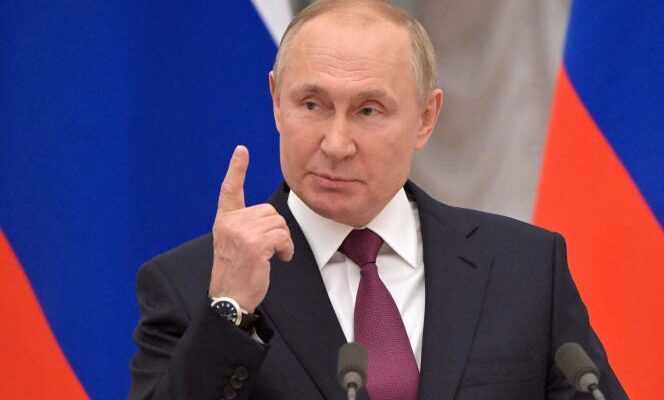François Fillon, for his appointment to the board of the Russian oil group Zaroubejneft, Jean-Pierre Raffarin because he “actively promotes Chinese interests in France”, Jean-Marie Le Guen because he joined the board of Huawei France: these French personalities , former politicians, are quoted in the report tabled at the end of January by INGE, the European Parliament’s special committee on foreign interference, set up in June 2020.
They are not the only ones to be mentioned in this voluminous document which will be discussed in plenary session in March. They illustrate “elite capture” carried out by Russia and China, as well as Saudi Arabia or Qatar, in order to defend their interests and share the networks of these personalities “to the detriment of the citizens of the European Union and of the Member States”.
Other prominent ex-officials are named in this scathing report. The former German Social Democratic Chancellor Gerhard Schröder and the former Finnish Prime Minister Paavo Lipponen, who joined Gazprom and worked for the construction of the Nord Stream 1 and 2 gas pipelines; former Belgian Prime Minister Yves Leterme, co-director of the Chinese investment fund ToJoy; former European Commissioner for Enlargement, Czech Stefan Füle, who worked for the CEFC China Energy conglomerate; the former Austrian foreign minister Karin Kneissl, hired by the Russian oil company Rosneft, etc.
Everyone will deny it, but they participate, according to the report, in the multifaceted strategy developed by dictatorial regimes to pollute the European democratic debate, to spread and share their ideas as well as to favor the polarization of public opinion, with the common objective to create “a disruptive effect” in Western societies. For their benefit.
No awareness of danger
Disinformation, manipulation of social networks, espionage, harassment of journalists and researchers, cyber attacks or investments in strategic sectors and critical infrastructures, etc. : these other modes of action by state actors, or groups linked to them, could end up destabilizing an ill-prepared European democracy, which has few prevention tools and whose leaders have, for the most part, no no awareness of the danger, say the authors.
Russia is particularly targeted, it which intervened in the American, French and British electoral processes at the time of Brexit, note the deputies. They also plead for more in-depth investigations into these episodes. Moscow also finances populist, extremist and anti-European parties in France, Italy, Germany, Austria, Hungary”. With the objective of “Legitimize its positions, reduce its isolation, obtain the lifting of sanctions”. Moscow has also assumed a good part of the 300 million dollars (265 million euros) which would have been used to finance political actors in 33 countries, not only European ones. An amount that is undoubtedly largely underestimated, given the corruption and money laundering mentioned by various sources studying the mechanisms of foreign influence in Europe.
You have 44.7% of this article left to read. The following is for subscribers only.
